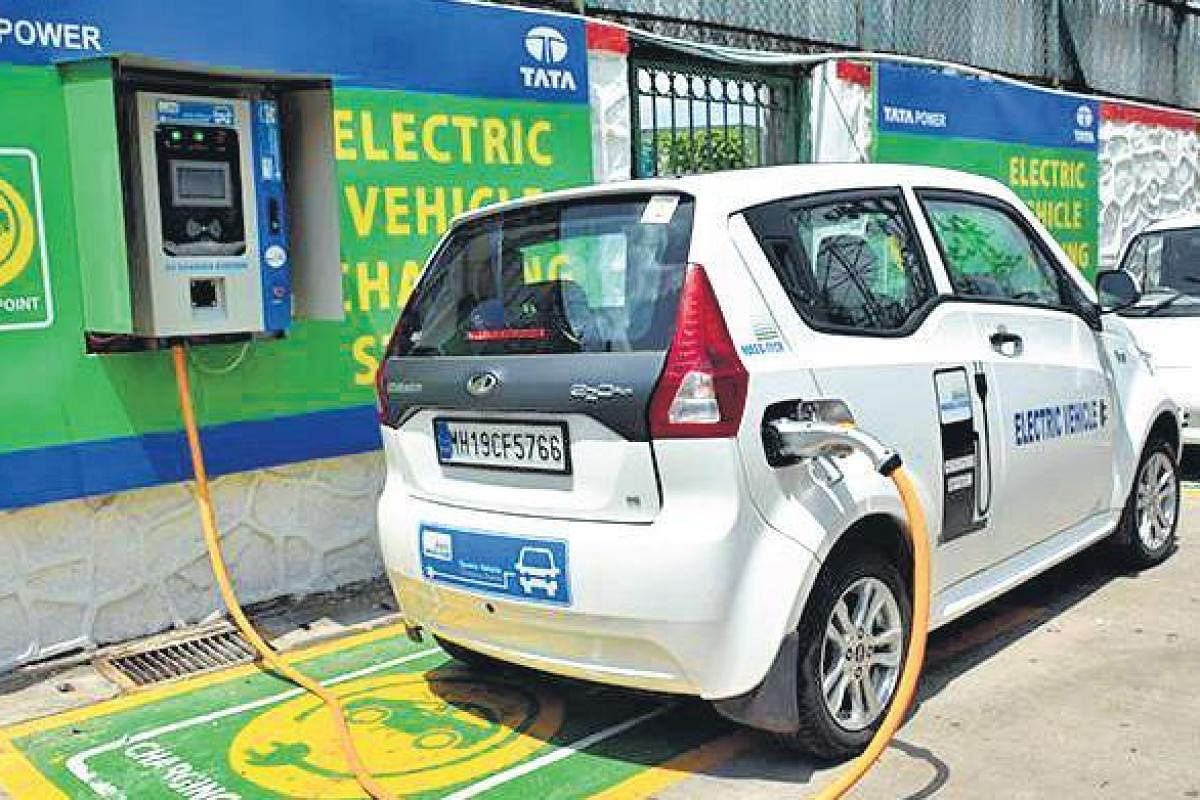28 , February , 2022

PTI: The Dialogue and Development Commission of Delhi, in collaboration with World Resources Institute, India, will on Monday launch the ‘Residential Electric Vehicle (EV) Charging Guidebook’ to simplify and enable the adoption of EV charging in all types of residential areas in the city, an official statement said.
The document guides residential societies in understanding the importance of EV charging, details the processes involved in planning, installing and managing EV charging stations in the parking space of the societies, the statement on Sunday said.
The document also addresses some of the common concerns (such as lack of space, capital investment, power load management etc.) and shares the best practices for RWAs, it added.
On the occasion, Delhi Transport Minister Kailash Gahlot will also inaugurate two EV chargers at Pockets B & C, Vasant Kunj, installed under the Delhi government’s single-window facility.
The statement said that through the guidebook, the Delhi government seeks to encourage all residential societies, planned colonies, DDA flats, Cooperative Group Housing Societies, government housing societies and employer housing to join hands with it in promoting electric vehicles by adopting EV charging in their residential societies.
“By launching this step-by-step guidebook, the Delhi government will become the first state government in India to make RWAs and residential areas an integral part of the EV movement.
“RWAs across Delhi have expressed their interest to Delhi government of joining the EV revolution. This guidebook will facilitate that journey and enable the people of Delhi to access EV charging points in colonies all over Delhi,” DDC vice chairperson Jasmine Shah said in the statement.
It also quoted executive director (integrated transport), WRI India, Amit Bhatt as saying, “According to the US Department of Energy, over 80 percent of EV charging happens at home. Therefore, having home charging is a must for scaling up EV and with the launch of this guidebook, the Delhi government has closed the loop for developing the EV charging infrastructure for Delhi.” The Delhi government had announced the Delhi Electric Vehicle Policy in August 2020, with a vision to promote the adoption of electric vehicles in the city and to make Delhi the EV capital of India.
The policy aims to improve Delhi’s air quality by driving the transition to electric vehicles so that they can reach 25% of all new vehicle registrations by 2024.
In line with this vision, the government has taken several steps, including directing all residential institutions with a parking capacity of 100 or more vehicles to reserve 5% of their parking space for EVs with suitable EV chargers with a minimum output of 3.3KW, the statement said.
The Delhi Government also provides a grant of 100 per cent for the purchase of charging equipment up to INR 6,000 per charging point for the first 30,000 charging points as well as a special EV tariff for EV charging, the statement said.
“Owing to these progressive decisions, Delhi is witnessing a rapid transition to electric vehicles. Between September and November 2021, EVs accounted for 9 per cent of the vehicle sales in Delhi, while the national average was 1.6 per cent,” the statement said.